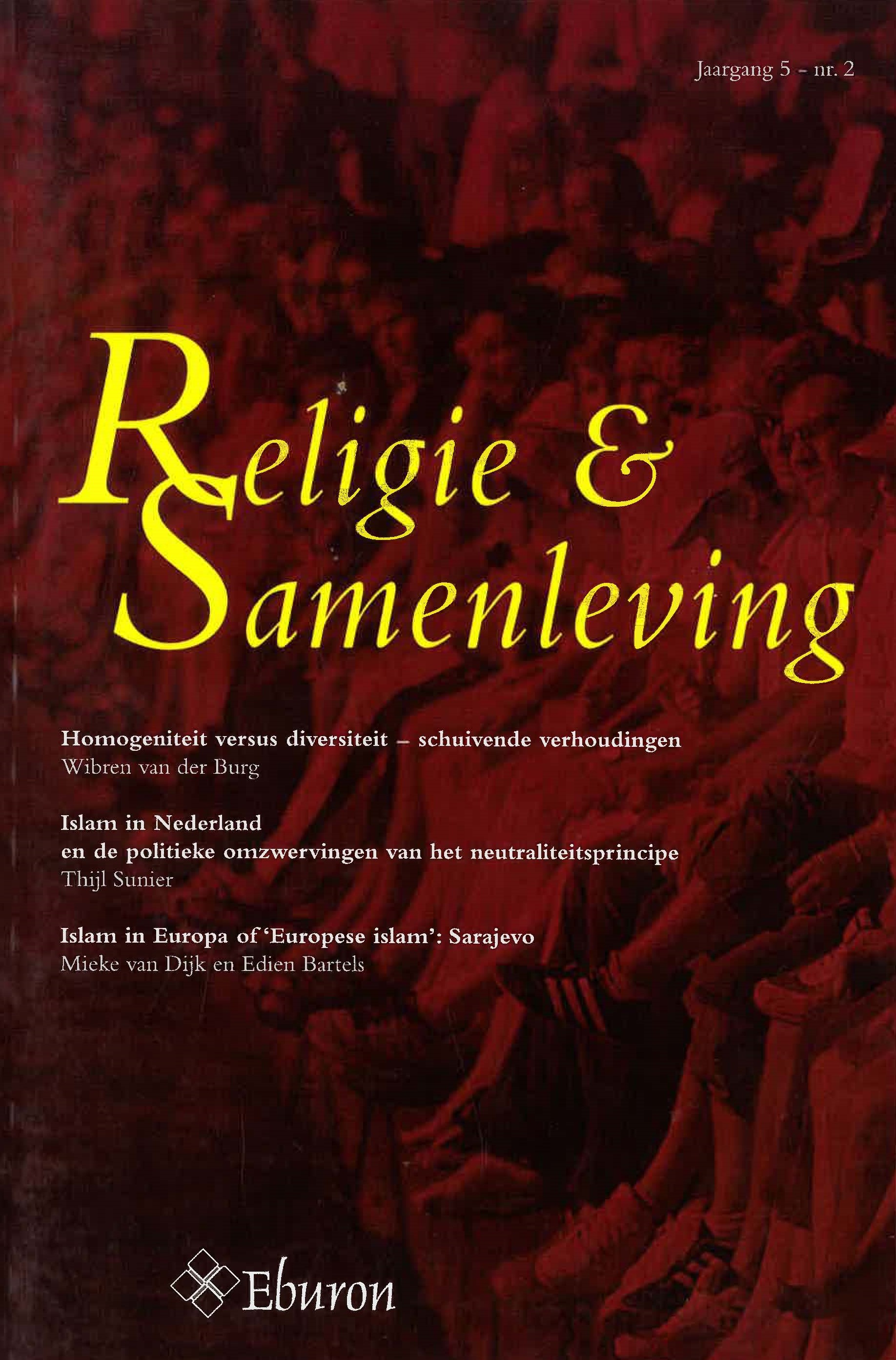Homogeniteit versus diversiteit – schuivende verhoudingen
DOI:
https://doi.org/10.54195/RS.13074Samenvatting
This paper starts from the thesis, recently suggested by various sociologists and historians, that the Netherlands are no longer a country of minorities, but a country with a dominant liberal majority. The aim of this paper is to reconstruct this majority ideology. This ideology can be characterized as partly liberal and partly republican (in the French tradition of republicanism). We may discern seven characteristics of this ideology: 1. a strong emphasis on liberty in the private sphere; 2. a privatization of identities; 3. a voluntaristic understanding of identities; 4. an understanding of equality as conformity with the average or standard citizen; 5. a French republican view on citizenship; 6. rising moral expectations; 7. a Protestant understanding of religion (e.g. a focus on religious texts and on orthodoxy). In this contribution the argument is put forward that the rise of this new moral majority leads to a diminishing understanding and a diminishing empathy not only for religion, but for everyone who is not similar to the standard of a white, Dutch/speaking, secular and straight male. This has implications for liberal politics, for democratic minority rights and for liberal Protestantism: their bases of support are vulnerable.




